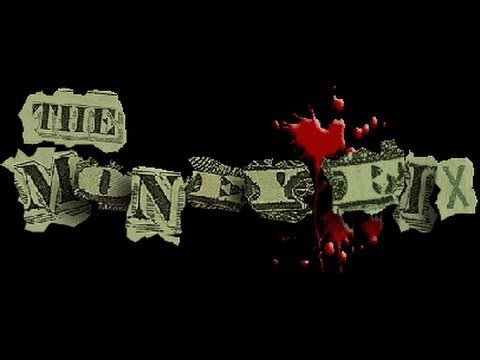In “The Money Fix: The Almighty Dollar,” the filmmakers, with a keen eye for economic intricacies, deconstruct the conventional understanding of money. Going beyond its physical representation, money is portrayed as a form of information—a tool for measuring trade rather than an entity of inherent value. The documentary prompts viewers to question their assumptions about the monetary system, urging them to consider alternative designs that could complement the existing currency framework. Positioned as a central player in virtually every aspect of modern life, money becomes the linchpin for a broader exploration into its often underestimated impact on society.
The film meticulously unfolds its narrative by documenting three alternative money systems, each tailored to address specific economic challenges within their respective communities. These diverse models not only showcase the adaptability of local initiatives but also challenge the normative structures of the wider economic landscape. From grassroots movements to community-driven redesigns of economic lifeblood, “The Money Fix” becomes a catalyst for critical examination and contemplation of the conventional monetary systems that society tends to take for granted.
Beyond the human-centric perspective, the documentary broadens its scope to examine economic patterns in both the human and natural worlds. By viewing money through this holistic lens, the film offers insights into the symbiotic relationship between economic systems and the broader societal and environmental contexts. “The Money Fix” doesn’t merely critique established notions about money; it empowers its audience with the notion that redesigning the economic fabric at the community level is not only possible but a crucial step towards a more sustainable and equitable future. In redefining the narrative around the almighty dollar, the documentary challenges viewers to reconsider the role of money and its potential to shape more inclusive and resilient communities.

